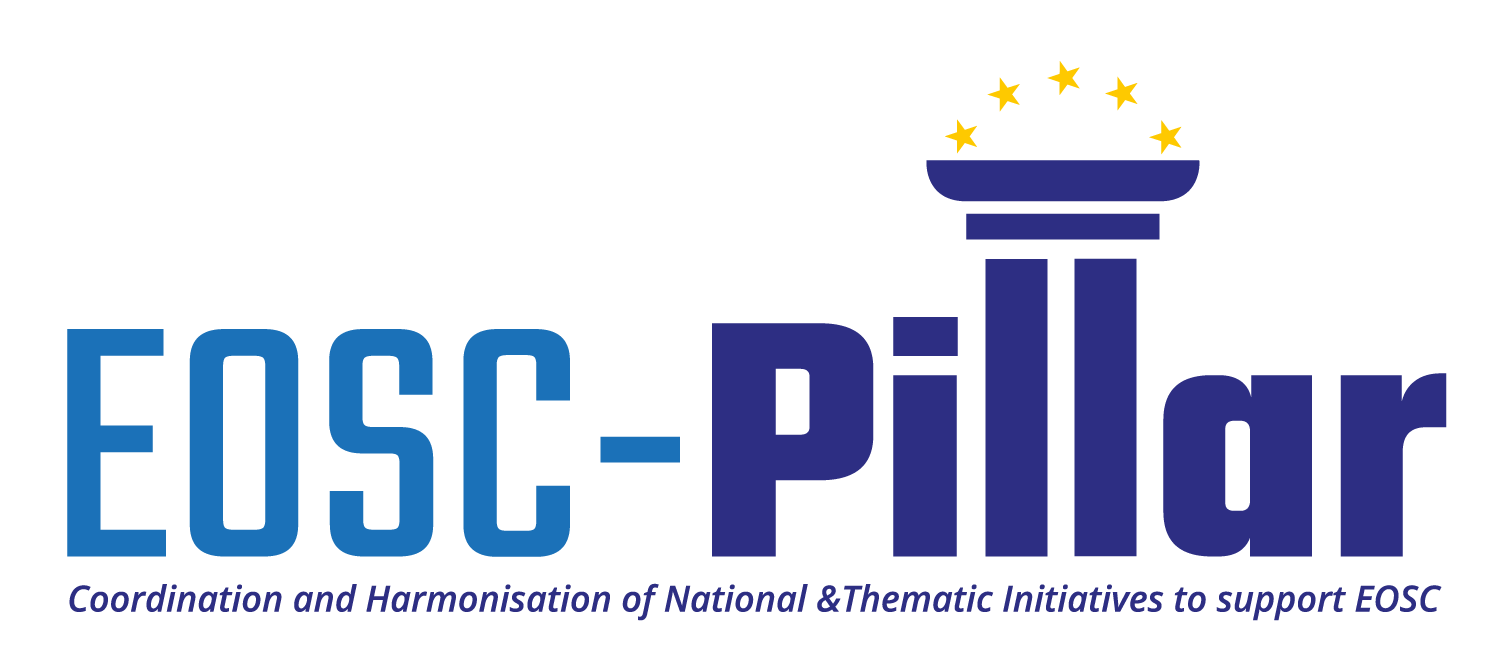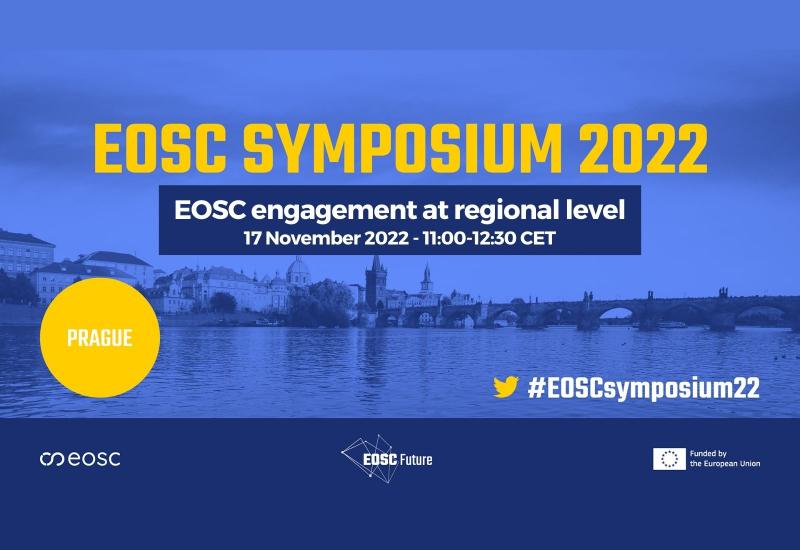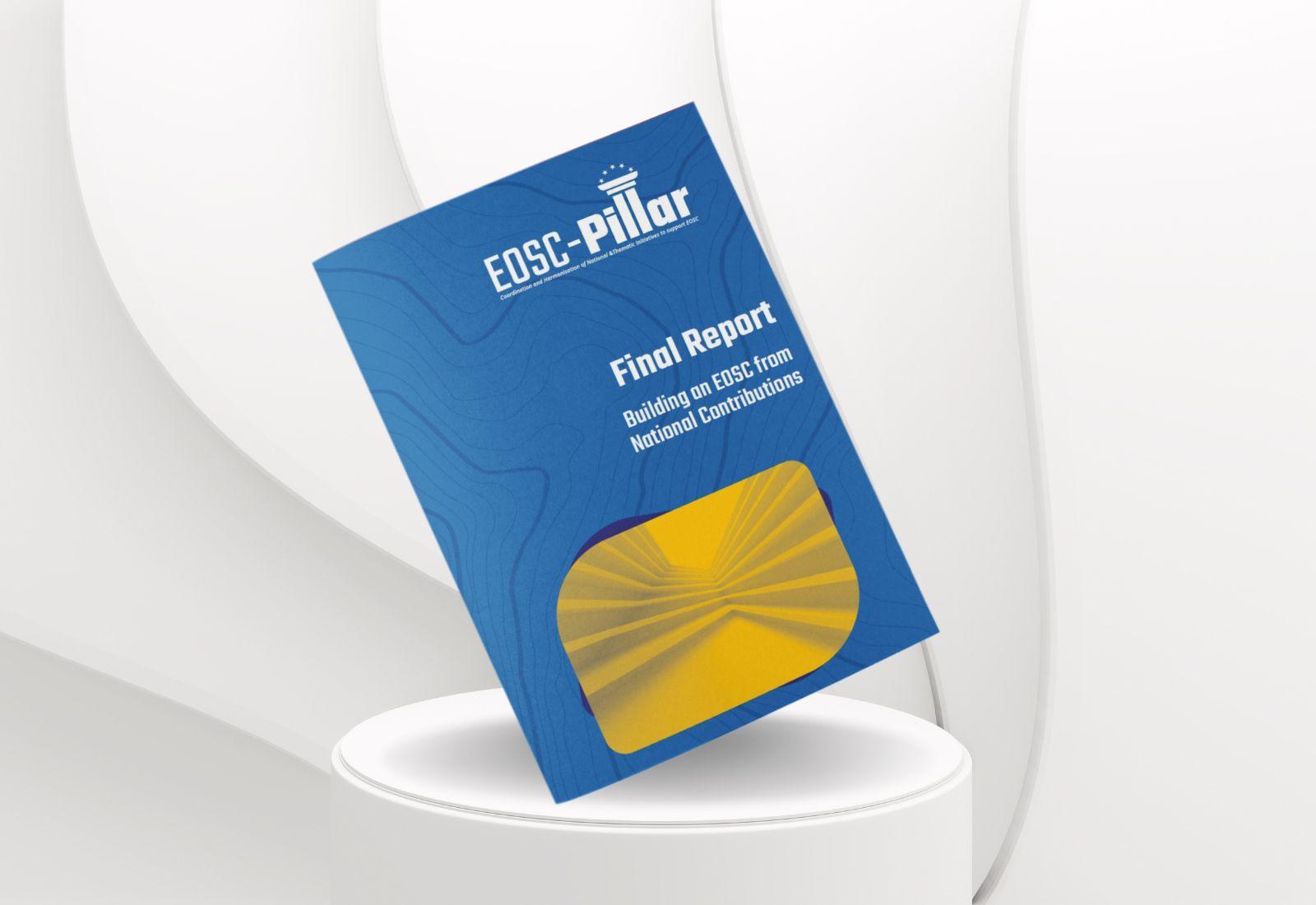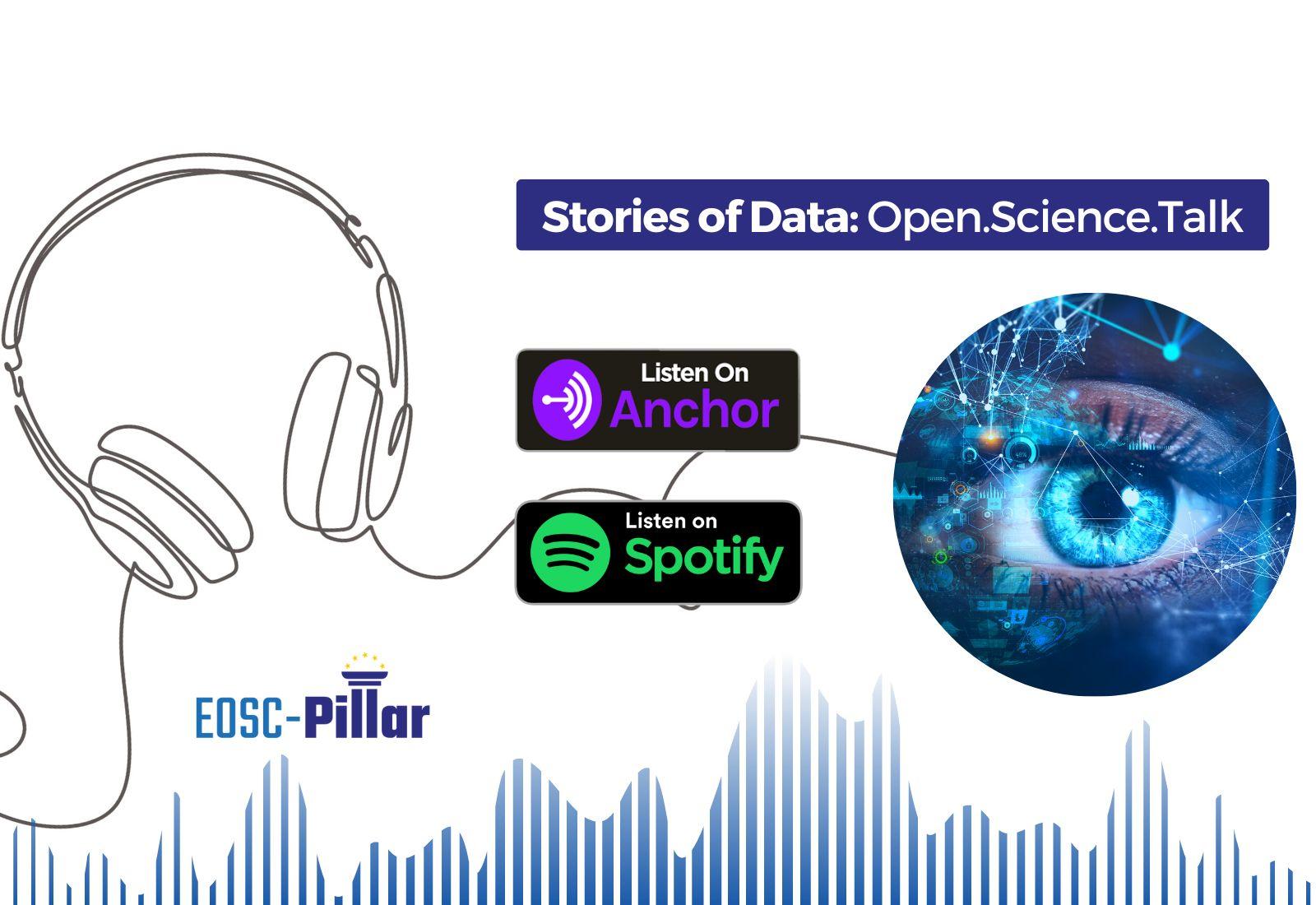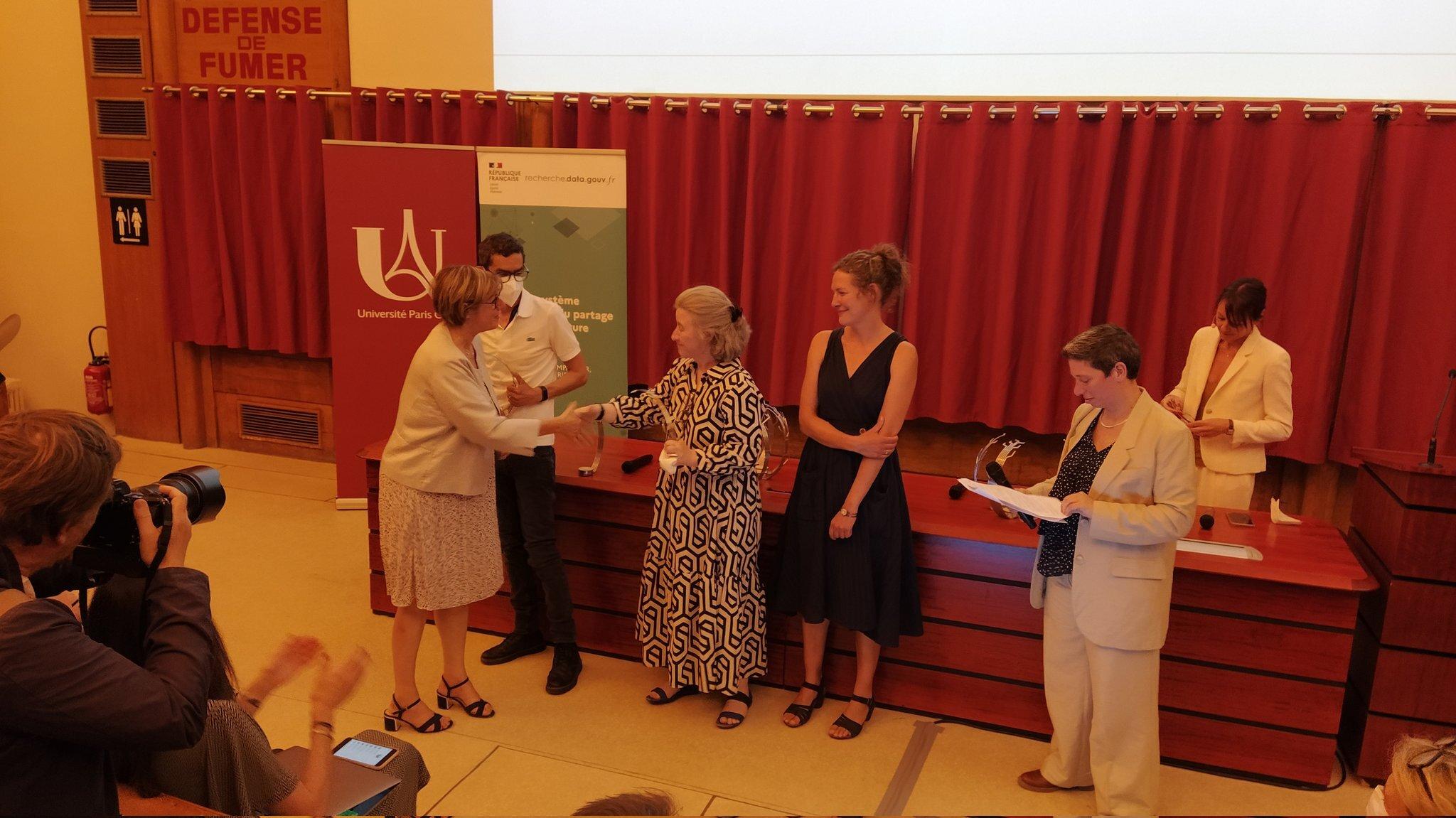
National Initiatives Survey
November
25,
2021
Insight

This article is taken from the EOSC-Pillar Second Annual Report, you can download the full report here.
By Lisa Hoenegger, Anita Bodlos and Marie Czuray, UNIVIE
Focussing on Researchers and Building upon the “National Initiatives” Survey
The “National Initiatives” (NI) survey provides a snapshot of the state of national initiatives on open data and services in the five EOSC-Pillar countries (Austria, Belgium, France, Germany, Italy). We gathered the survey data as a basis for other project activities, as well as a basis for evidence-based discussions and decision making in order to support the EOSC implementation. The “National Initiatives” survey focused on stakeholder groups on the implementer side, including research performing and funding organisations, as well as data and service providers – in order to get insights into the current research infrastructure landscape. This first phase dedicated to conducting and analysing the NI survey was completed by the end of the first year of the EOSC-Pillar project.
Analysing the Needs of Researchers
We were conducting a survey among members of user communities, their usage of currently available services and the maturity of these services. To analyse researchers’ needs and practices, we conducted and will continue to conduct qualitative interviews focusing on data re-use by researchers.
In more detail, we developed a research design to assess the needs and difficulties researchers face when re-using data. Therefore, we gathered input and feedback from projects working on similar objectives (EOSCSecretariat.eu and FAIR Data Austria), especially during designing the semi-structured questionnaire. Following the FAIR principles, we asked what hinders and what facilitates the findability, accessibility, interoperability and reusability of data from a researcher’s perspective. The aim is to gather insights on how re-using data and ultimately EOSC can be designed in a user-friendly way. To this end, we conducted qualitative semi-structured interviews with researchers of different disciplines, different career-stages and based in different EOSC-Pillar countries. Hence, the output will include views of a wide range of researchers.
In the future, the task plans to analyse the interviews using a method of qualitative content analysis. Based on the results, the task will revise the initial questionnaire and conduct new interviews and plans to continue these interviews or similar activities designed to gain insights from researchers as well as engage researchers in the remaining project lifetime.
Building Upon the “National Initiatives” Survey
EOSC-Pillar organised several webinars on Open Science policies and provided input from the NI survey results. The panel discussions by experts provided new views and arguments related to these topics. Another continuous activity will be the support of future EOSC projects and FAIR related activities with the use of the data gathered in the NI survey. This may include thematic specific activities (such as webinars, workshops, training, stakeholder engagement activities, etc.) related to the surveys, which will foster discussions and bring new findings and recommendations for the implementation of EOSC.



